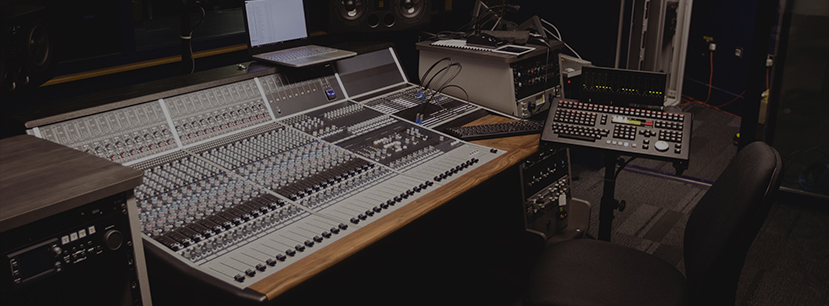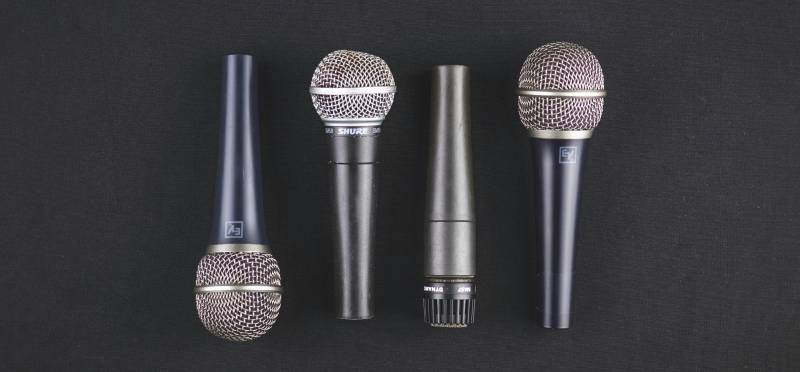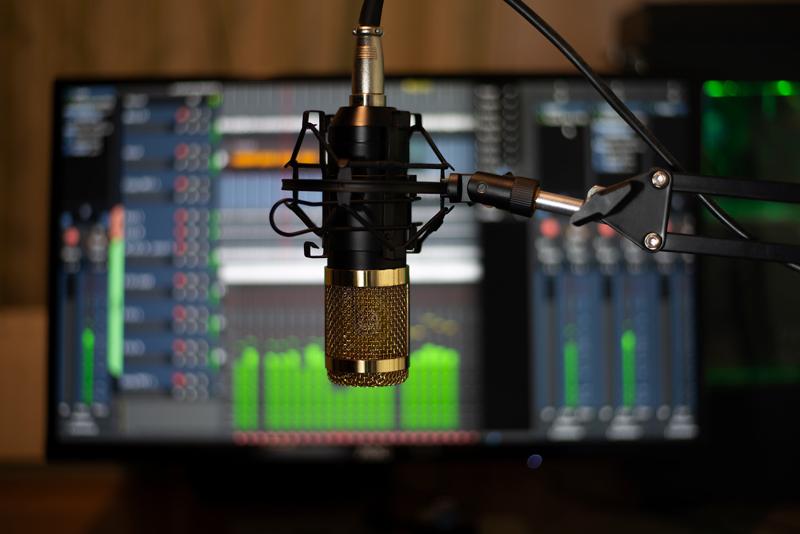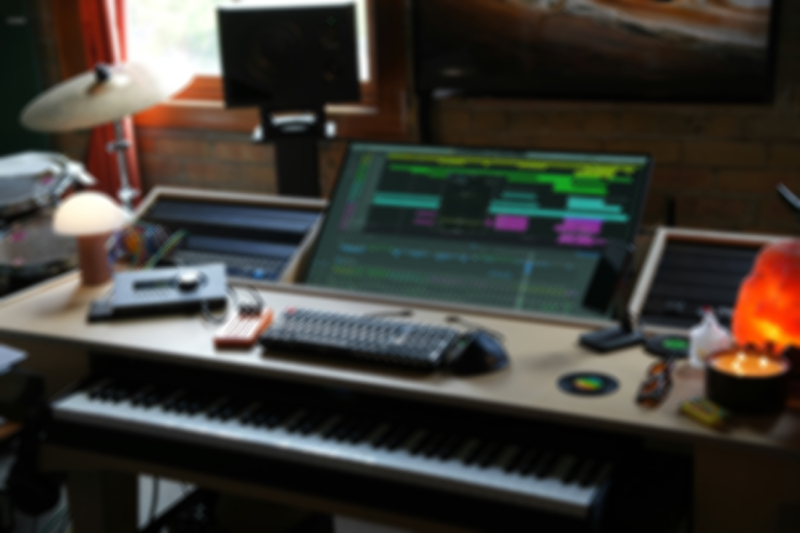At this step, I must tell you that your path is almost over.
The musician shouldn’t be working on mixing, unless he has a lot of experience.
Mixing engineers are certainly a creative profession, but it includes a lot of technical nuances. A mixing engineer has to know many standards, understand how each instrument works, how to interact with the mastering engineer and producer, and in general the mixing engineer knows exactly how each action affects the final result. For example, he knows that if this instrument is processed like this, then it will ultimately interfere with vocals and so on.
I will recommend you to make your demo mix before working with a mixing engineer.
But, it’s important to find 2-3 reference tracks to not be lost in the process of mixing and mastering. If you make the demo mix, and there is no way to make the sound like the references have, there is no need to think that the mixing engineer will fix this.
If you look into the session of top engineers or sound producers, you will notice that there are very few plugins and processings. So again, “recording is the king”. Mixing engineers create paintings, spaces, emphasizes beautiful moments, and enhance the emotions of a song.
After making the demo mix, prepare the multitrack session or ask your arranger (producer) to make that.
Hereby the article, how to prepare the session for the most popular DAWs.
https://majormixing.com/how-to-prepare-a-multitrack-session-before-mixing-2/
Now, you’re ready to send your song to an engineer.
I will recommend that you choose online mixing studios. They are much more comfortable and quicker, and that is the future.
After quarantine of 2020, we were convinced of this, so the sooner you start working with online mixing or online mastering studios, the better.
Do not worry that you do not see the person. Think about how many options you have now, how many different talented people and professionals can work for your project. After all, you have the whole world in the palm of your hand.
Choose only those online mixing services that have worked with commercial projects and which have a really good portfolio.
For example, you can see that each of our samples has been released and that we have marks on international competitions, Apple certification, cooperation with large companies. This all indicates experience.

Do not waste time on no-name services. Because poor-quality mixing or mastering can ruin all your efforts.
I also want to point to the fact that many of the musicians whom I mentioned earlier have been working with online mixing and mastering engineers for a long time.
Big artists always have a shortage of time. They have a very tight schedule, so they don’t have time to go to mixing sessions because it takes a lot of time.
Usually, the recording studios or the artist himself sends the multitrack session to a mixing engineer and then the mixing engineer will send the finished project to the artist, so the whole team (artist, producer etc.) will listen to it and give the revisions to the mixing engineer.
Usually 2-3 sessions of revisions is enough.
The main tip for evaluating mixing quality is to always refer to references. I’ve already talked a lot about it, but hearing has a tendency to be biased. Today we hear it, and tomorrow it is different. Due to human physiology, hearing can vary greatly depending on body temperature, pulse, hormonal balance and blood pressure. Therefore, select 2-3 tracks that are most similar to your style and stick to them. Do not copy. Just stick with it. The main thing is that your track simply does not sound weaker than the entire industry.
Also, I want to talk about demo mix syndrome. That is a common problem for artists.
Artists listen a lot to their demo mix which in 90% of the cases does not meet industry standards and then when it receives its mix, they cannot switch to a new sound and begin to return everything to the demo version.
If you really like your demo mix – release it as it is.
But I still recommend listening to your sound producer\mixing engineer.

Here is an example. After a concert, rehearsal, music in headphones, etc., the artist sits down to finish their mix. When the ears are tired, then they have a worse tendency to hear high frequencies. So, the musician is very far above the high frequencies. Then he listens, a day or two, and gets used to such an excessively bright sound. Then the mixing engineer does the mixing, in which he returns the high frequencies to their place. And what do you think the artist will say about this mix?
– Where are my highs? Why is it so dull?
It will make the engineer feel guilty, and in the worst case, they will remake the mix for the demo version and release a song with transfixed highs.
This happens all the time. Therefore, again, work with reference tracks.
A demo mix is needed for the engineer to understand the general concept. For example, dry or wet mix, vocals loudly or in a mix, what is an approximate balance of elements or maybe something needs to be automated.
After mixing you can send your mix for mastering.
In most of the online mixing and mastering services there are a few mixing engineers, sound engineers and mastering engineers. So, you will most likely get a final mix and master. But if there are cases when you want to get to a specific mastering engineer, then you ask for WAV mix and with that, mixing is done.










